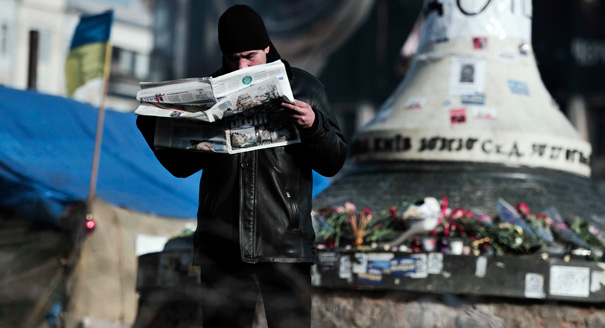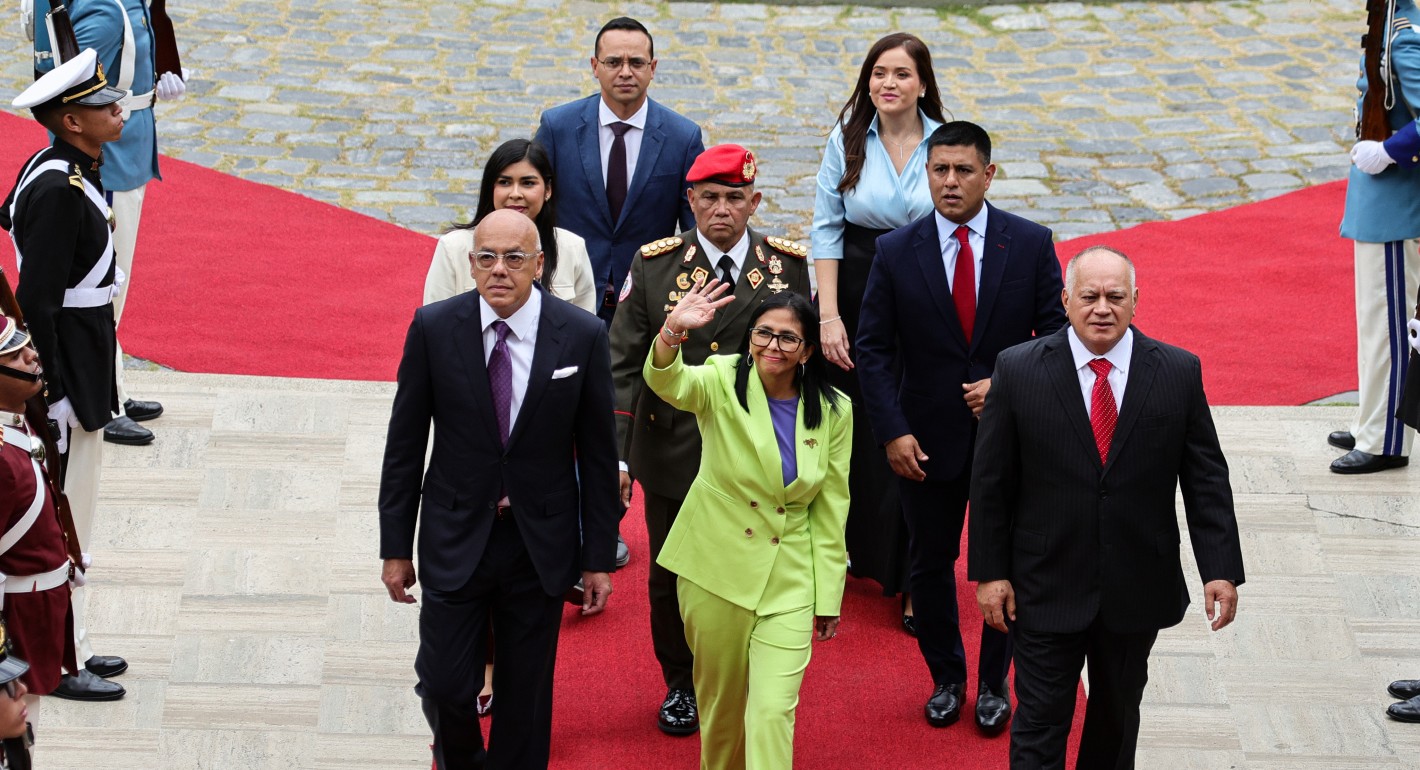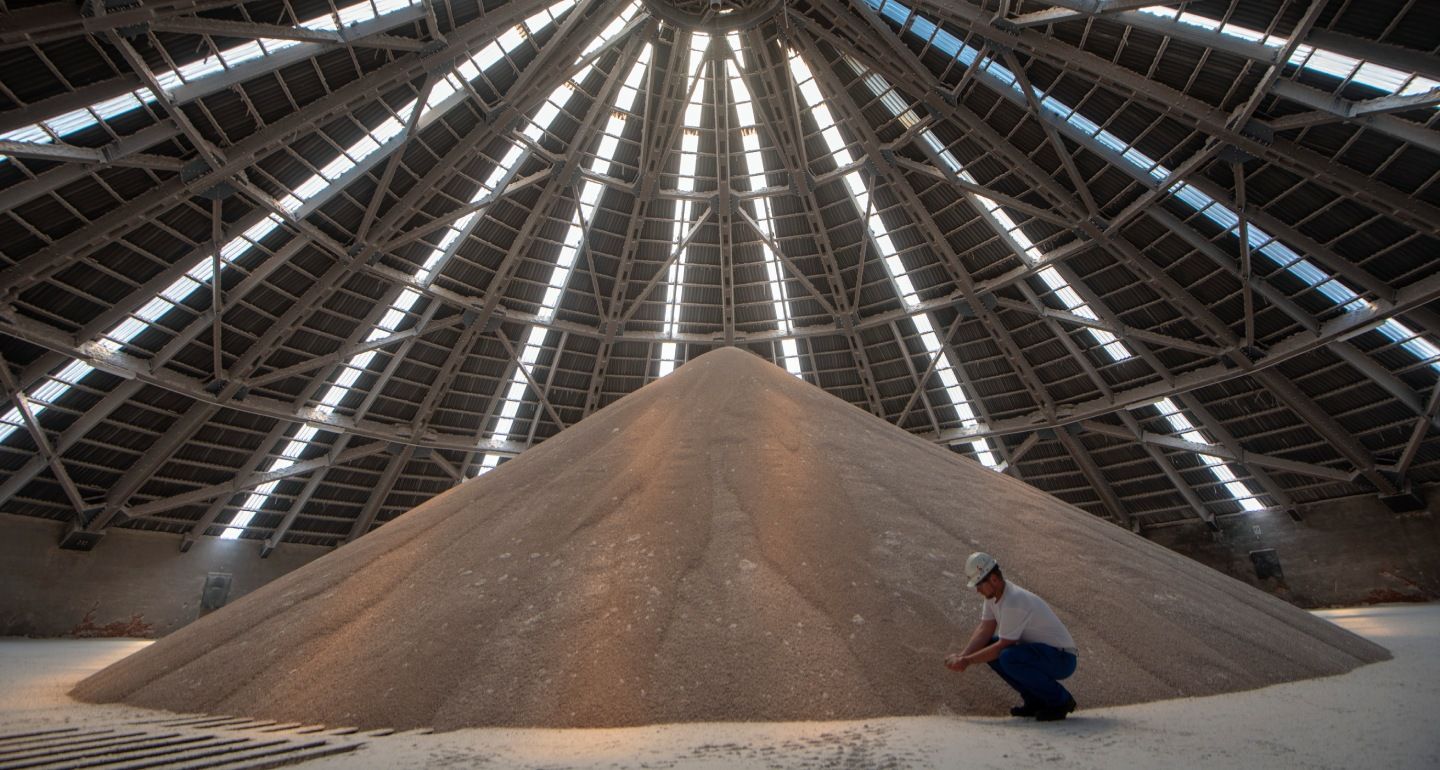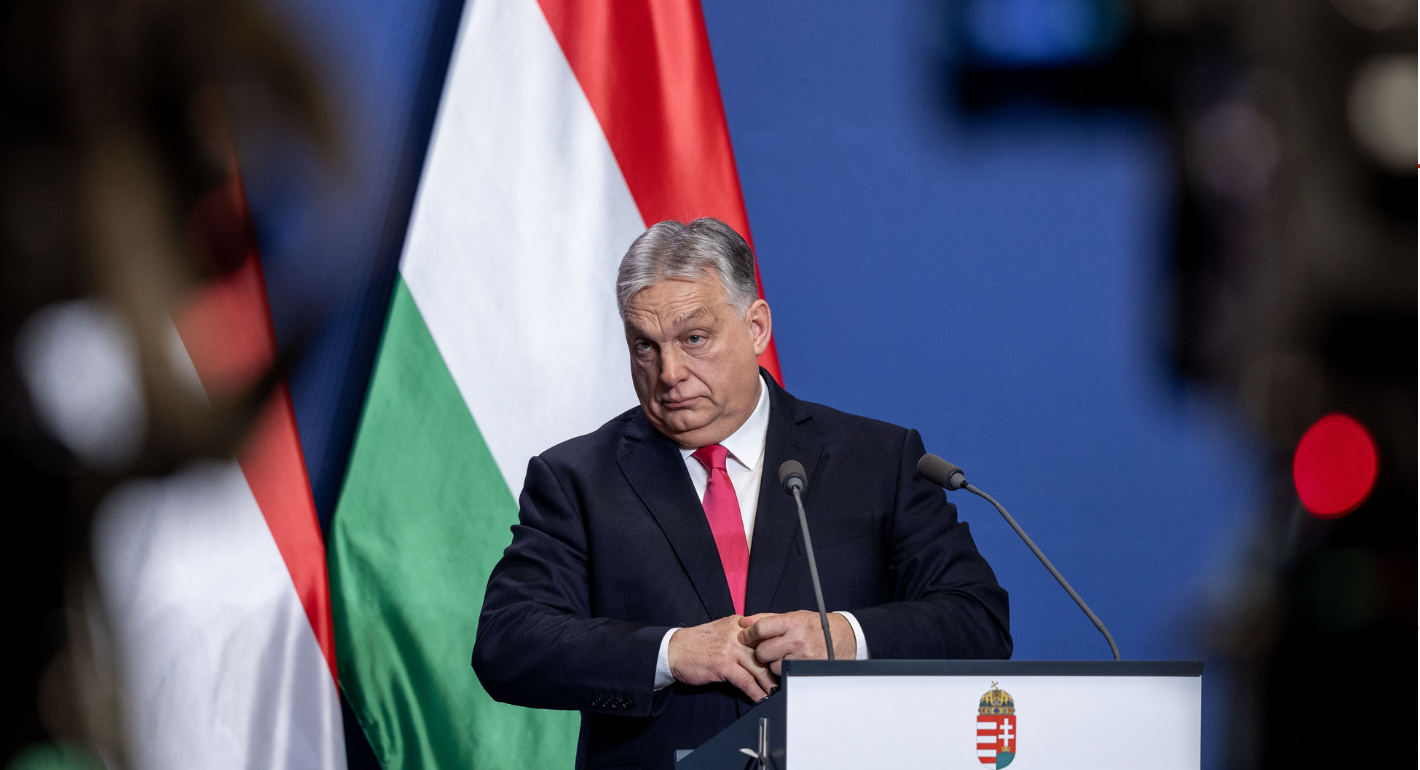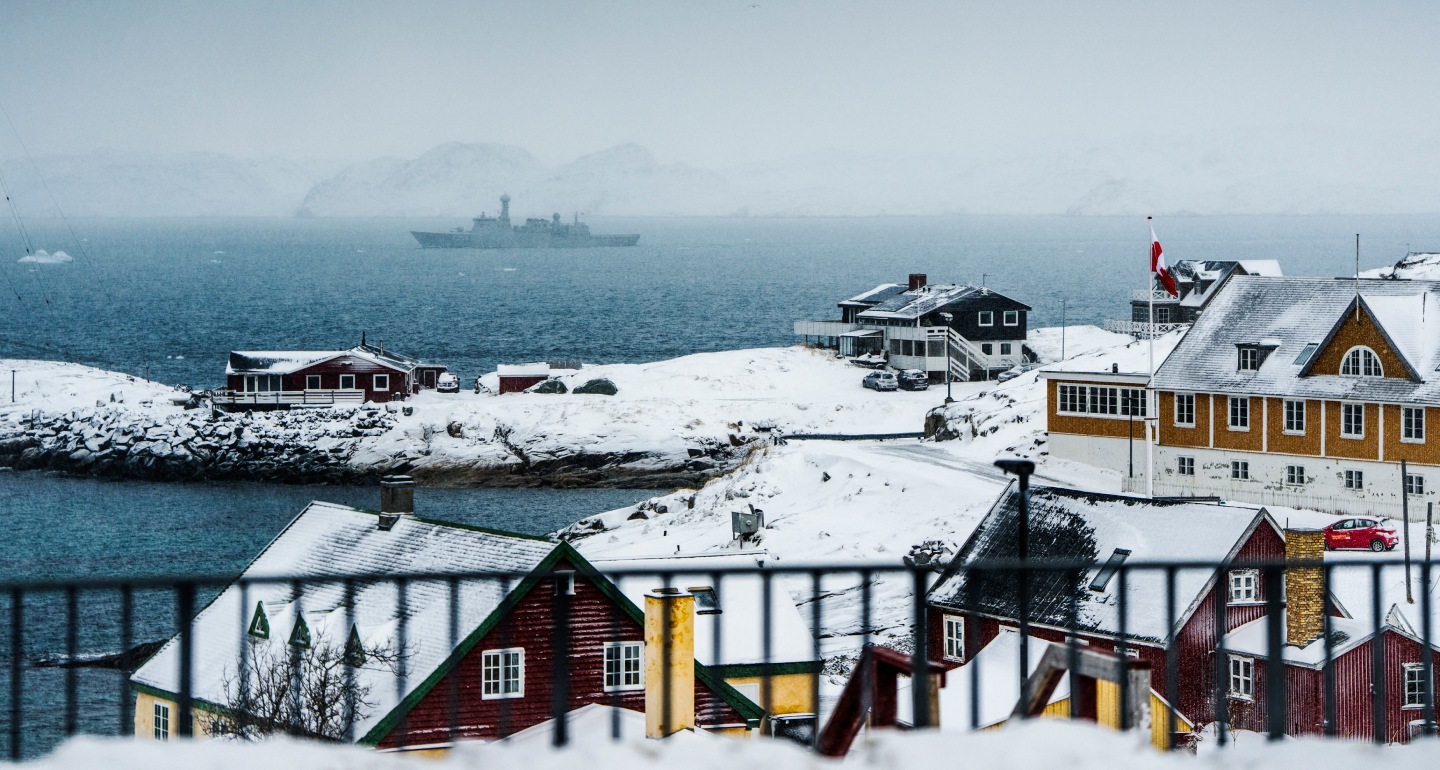Source: Visegrad Insight
WOJCIECH PRZYBYLSKI: There is misconception in Europe that we should feel afraid of Russia. Should we feel threatened about the events currently taking place in Ukraine?
JUDY DEMPSEY: The Cold War was terribly damaging for Western Europe, as it made us intellectually dependent and intellectually complacent because we depended so much on the United States, and gladly saved us. But instead of using the diffidence of the Cold War to think independently on how we use this new freedom, we continued to say: “Oh well, the U.S. will pick up the bill, and the U.S. has so many different priorities.”
And what emerged, despite the Balkan wars, despite Georgia, despite unfinished business in Bosnia, what has emerged is the European comfort zone. And this comfort zone is particularly evident now in the case of Ukraine, because what does the comfort zone mean? The comfort zone means we don’t feel threatened, we feel safe. Well, frankly, the Poles feel threatened, the Estonians feel threatened, but the Western Europeans don’t feel threatened, and because there is no common perception of threat it means that we are not taking much tougher decisions over the sanctions, much tougher decisions over NATO. We don’t feel threatened.
WOJCIECH PRZYBYLSKI: Perhaps what’s happening in Ukraine should be put into a better intellectual framework, as we don’t have any common understanding of this?
JUDY DEMPSEY: We have no idea. But what I do know is that borders have been changed and I know that a very new method of destabilization is taking place. It is taking place as we speak in Transnistria. There has been reinforcement of the borders in Abkhazia and South Ossetia. Vladimir Putin will not invade Ukraine, why should he? What he is doing now is destabilizing; chiseling away at a non-state, because Viktor Yanukovych has destroyed the instruments of the state, of a functioning civil service, of the apparatus of the government. That has been destroyed, so it is made much easier for Putin to actually continue destabilizing and confirm failure of the state.
We all know how the Defense Ministry was run under Yanukovych; maybe Ukrainians couldn’t defend themselves? And it might be quite shocking, but I can see a possibility that partisans will come in the end. Why is it that a country doesn’t defend itself? Frankly, it is a duty to protect your borders and integrity but that is their choice. But perhaps the mechanisms of the state apparatus was not there for them, I don’t know.
The threat is this: it’s not only living with a failed state and the cost of failed state, it’s living with the terrible poverty that will emerge from this; the terrible corruption, refugees or just people who want to get out of the country – going to Poland, going to the Baltic states. This is on our doorstep. And people will leave; when the Ukrainians really feel threatened they will leave, and this is our threat too, which is why we have to be very, very serious and intellectually honest about what’s happening. I am intellectually puzzled that Europeans don’t feel threatened. The Berlin Wall only fell in 1989; this is a very short time.
Of course, the institutional memory has already gone. And it’s nice that the younger generation doesn’t feel threatened, but their neighbors feel threatened and we will be threatened by this instability. We will have help Ukrainians economically and in all sorts of other ways.
WOJCIECH PRZYBYLSKI: What is the Visegrad Group not doing in this respect?
JUDY DEMPSEY: Visegrad means having a coherent foreign policy. And clearly that means having a foreign policy toward Russia, and having a proper foreign policy also toward its eastern neighborhood. And I don’t see this coming together. Poland has clearly taken the lead on this for such a long time but given what Russia has been doing over the past several years – in Georgia, but particularly in Crimea, and now the motivation about what Putin is doing in Ukraine – the Slovaks, Czechs, Poles, and Hungarians should be speaking out as one in unity against what Putin is doing, and they are not.
The Slovaks are a little bit wobbly doing the gas pipeline and Viktor Orbán has been very slow to criticize Putin. In fact, he turned it around and pleaded to Putin’s propaganda saying that ethnic Hungarians in Ukraine were being victimized, discriminated against, and really twisted it for his election campaign and, of course, in order not to criticize Putin. We have seen an extraordinary situation in Hungary, with Orbán criticizing the Chinese for their deal with Russia and Putin, whilst actually forging a much closer relationship with Putin; this energy closeness is insidious and actually very damaging.
WOJCIECH PRZYBYLSKI: But before there is a coherent foreign policy, there should be a more coherent real interest, namely gas connections. Fom the geopolitical perspective, gas connections are all east-west, and there are still too few interconnectors.
JUDY DEMPSEY: Yes, absolutely. We have been talking about this since 1991! And everybody knows the geography and the Cold War – the pipelines went from east to west. How many times do we have to keep saying what has to be done? Yes, it costs money; but frankly, there are infrastructure funds that could be diverted. And if we are serious about a unified liberal gas market and bringing Eastern Europe in from the cold, we have to do this. Every single GLOBSEC, Wrocław Global Forum, and Lennart Meri Conference talks about: “Interconnections, interconnections”! Well, just do it. And of course, Russia doesn’t like this and has its own ways of preventing it.
The Cold War is over and we have democracy in Eastern and Central Europe; but the Russian legacy is so deep, and it’s the way Russian interests and business has insinuated itself into part of the political elites in the Czech Republic, Slovakia, Hungary, and indeed Poland as well, clearly all and so on in the past. And this is not transparency, this is not a free market, this is not open competition – it is a new kind of, not control, I don’t want to exaggerate this, it’s an influence.
Turn it around the other way – look at what Hungary is doing with China, which is in some ways making Hungary a hub not only as a foothold into European markets. And the closer Hungary gets to China, the more it can actually influence the kind of voting rights that the European Union would take over an arms embargo, or doing business with China, or intellectual property rights. China has a strategy, and we know what this strategy is – to get a foothold. And it is Russia’s idea to play off member states against each other. China knows how strong the commission is, especially for trade and competition, but it can do a lot of other things.
However, when it comes to Russia, it is insidious and very clever. Russia failed in having its proxy left wing communist parties in Western Europe, it failed to bring down the collapse of the West. We don’t know the full extent, but there is Russian hand in some of these far right-wing parties across Europe.
Look at Marie Le Pen’s party, the Dutch Flam’s bloc, and UKIP. Have you ever heard them criticize Putin? Russia? Their funding and where these parties get their money from is very unclear. Why don’t they speak out? Actually there is a connection between Russian society thinking under Putin and these parties because they are very conservative and very traditional. And they are quite anti-modernity, and so there’s an automatic sharing of ideas in some ways; but nevertheless could you imagine if France’s sovereignty was undermined? Could you imagine Marie Le Pen not speaking out about that? Well, the sovereignty of Ukraine has just been broken.
WOJCIECH PRZYBYLSKI: It’s a crooked argumentation.
JUDY DEMPSEY: Yes exactly, but you have to be very careful. And this is another weakness of Visegrad, but frankly it’s a weakness of Europe, is what the Estonian Defense Minister said: “Clarity, we must clear in our purpose.” But how can we be clear in our purpose when the BBC gets rid of its short wave radio channel? When Voice of America and Radio Free Europe are cutting back. We are cutting back the essential language services that the former Soviet Union republics need.
There is a crisis situation when funding for the BBC World Service is going to be taken away from the Foreign Office and go onto a license system. At least there were experts at the Foreign Office who knew the role of truth, the role of the radio, and the role of an alternative voice. The Poles are trying to do this with their own Polish language service. This must be reinforced. Of course we can do it through the Internet, but you don’t reach the Internet in the provinces and not everybody has a computer. It’s the radio, the radio, the radio. Television we could do much more in, but the radio is just so crucial. This is about a competition of values and of what we believe in. And for somebody who was brought up with short wave radio, it is truly depressing that short wave is not available anymore.
WOJCIECH PRZYBYLSKI: However, just seeing how influential Russia Today and all the other Russian channels that provide popular culture in the region are, demonstrates that even more than the radio there should be strong investment in television.
JUDY DEMPSEY: Yes, I agree. But, Belsat has been trying to do this with limited funding. And another issue – the European Endowment for Democracy. This should be really boosted. If we are going to defend our values and our ideas, and if the basic element of these values is civilness, we have to support civil society much more strongly, through its individuals, its groups and movements, radio, and television. This is about creating an alternative space and it’s our space, our values, and we have to defend them.
I just don’t understand it. I have spent whole my life covering events here and the biggest joy was for me was when Poland joined the EU. I was there, at the Polish Embassy in Brussels, and the Baltics were there, and the Slovaks turned it around – can you imagine? They decided “No, this is what we want!” And I said “Yes! This is it.” This is what I was brought up to believe, that Europe wouldn’t remain divided. And we can’t squander it? We’re getting complacent and are living in a comfort zone.
This interview was originally published on Visegrad Insight.
